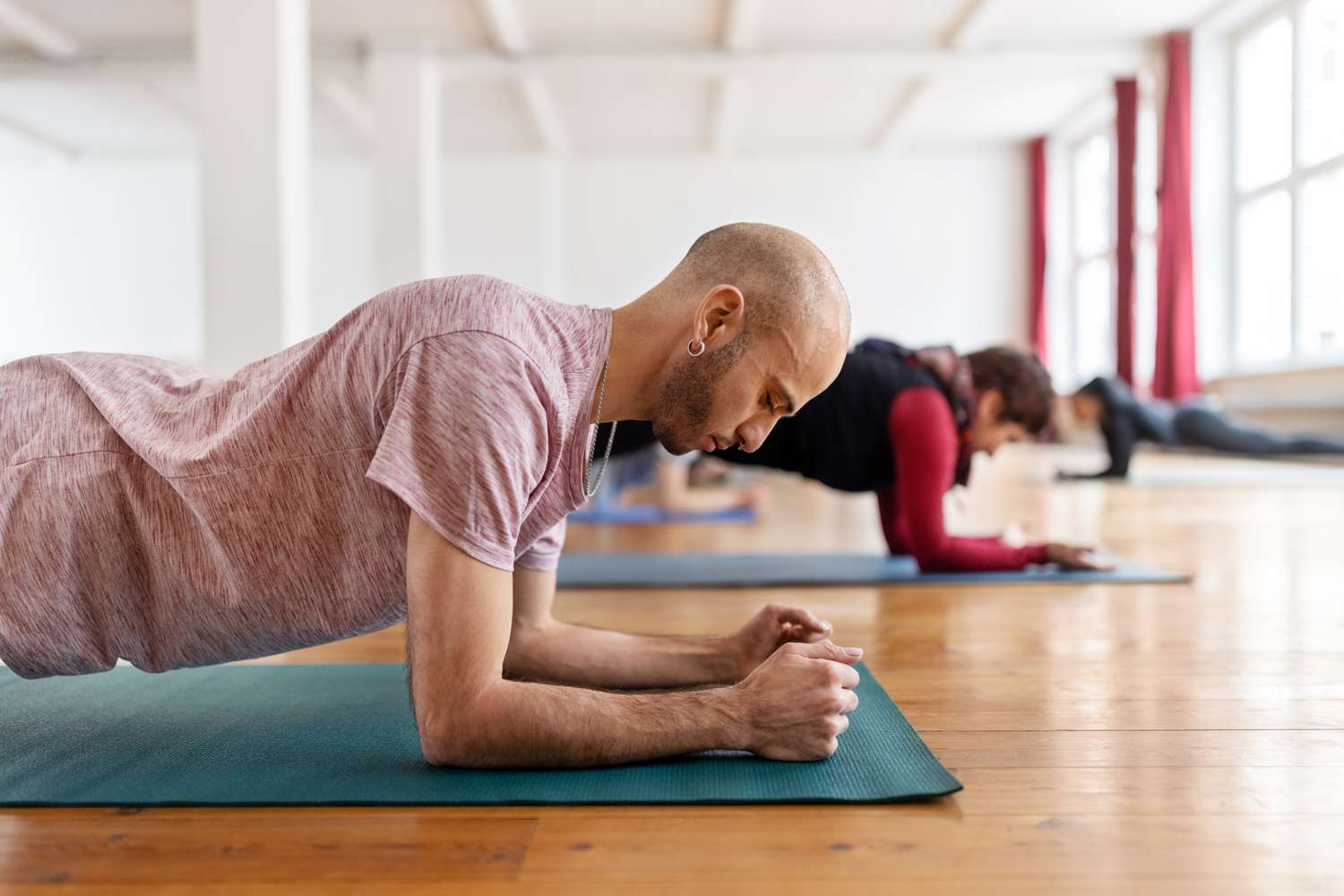Regular Exercise Could Shield Against Adverse Effects of Inadequate Sleep, Study Finds

Insufficient sleep can lead to a variety of negative health consequences, but a recent study has discovered that high-intensity workouts can mitigate some of these effects.
Both adequate exercise and sufficient sleep can help prevent over 80% of cardiovascular events, including coronary artery disease, heart attack, and abnormal heart rhythms. However, maintaining sustainable habits in both categories can be challenging for many individuals. While exercise may be easier to control—you can choose to go for a run and commit to it—getting enough sleep can be trickier to achieve.
Fortunately, continuing exercise habits while striving for better sleep still yields positive benefits.
According to one of the study's co-authors, Jihui Zhang, PhD, director of the Center for Sleep and Circadian Medicine at the Affiliated Brain Hospital of Guangzhou Medical University, in China, this may be due to the effect exercise has on inflammation, metabolism, and the sympathetic nervous system, all of which have a close link to heart health. "Therefore, to some extent, people should sacrifice rest for exercise if they have to choose one," he said.
To understand the role exercise plays in counteracting the side effects of poor sleep, researchers collected data from over 92,000 adults in the United Kingdom between 2013 and 2015. The subjects' ages ranged from 40 to 73 years, and 56% were female. For a week, they wore a wristband that recorded how much they slept and exercised.
They divided nightly sleep into three categories: short (six hours or less), normal (six to eight hours), and long (more than eight hours). Based on World Health Organization (WHO) guidelines, they grouped a person's physical activity level into low, intermediate, or high. The research team also monitored exercise intensity and whether it was "moderate to vigorous" based on WHO guidelines.
The study used death records to conclude that, after a median of approximately seven years following the data collection, just over 3,000 participants died, with about 1,100 from cardiovascular disease and roughly 1,900 from cancer.
Those who received too much or too little sleep and not enough exercise—less than the recommended 150 minutes per week—were more prone to dying from any cause, including cancer and heart disease.
For those who didn't get enough sleep, exercising for more than the minimum recommended amount appeared to compensate for the loss of sleep. Even if they slept less than six hours each night, people who exercised more than 150 minutes per week did not have a higher risk of dying.
People who got intermediate amounts of exercise were not the case. In these individuals, not getting sufficient sleep increased their likelihood of all-cause death by about 40%.
The study was observational, indicating that it cannot confirm whether exercise can moderate some of the effects of sleep loss. However, Dr. Zhang and his team emphasized exercise's ability to combat inflammation, metabolic dysregulation, and sympathetic nervous system activity.
As per an earlier study, muscle contractions during exercise release exerkines—molecules that can decrease inflammation related to chronic disease, including heart disease and diabetes.
Inflammation in the cardiovascular system can impact blood flow to the heart and the organ's surrounding tissue. This can cause significant health problems, including arrhythmia-irregular heartbeat-and heart failure, which means the heart cannot pump sufficient oxygen-rich blood to meet your system's needs and artery narrowing.
Exercise works to counter inflammation; it also regulates cholesterol, excess fat, and high blood sugar, all of which contribute to heart disease. It additionally stimulates the sympathetic nervous system, which affects heart rate and the heart's ability to pump with the appropriate force.
Although the new study did not investigate whether too much exercise could have health consequences related to heart disease, cancer, and overall mortality, past research has suggested that too much exercise and not enough rest might increase harmful inflammation.
A 2019 study found that getting an appropriate amount of exercise decreases inflammation, but too much can cause active muscles to trigger immune cells to release inflammatory mediators. These mediators include a host of blood cells, proteins, and other essential mediators that use inflammation to combat intruders such as bacteria and viruses. The research discovered that intense, long exercise can lead to higher levels of inflammatory mediators and eventually chronic inflammation.
According to Bo-Huei Huang, PhD, an epidemiologist and biostatistician at the University of Technology Sydney in Australia, who studies the intersection of fitness and sleep, the amount and intensity of exercise each person needs will depend on a number of factors including age, whether someone is pregnant or has a chronic disease or disability. The same goes for sleep—some people need more than others.
The findings also may not transfer to younger people, who typically need more sleep than older adults, noted Tamanna Singh, MD, co-director of the Sports Cardiology Center at Cleveland Clinic.
“All this data is still so new, I think there’s a lot more to it than what we already know,” she explained.
Studies like this, which compare two aspects of health that are both important, should trigger people to become more intentional about their habits.
“If you’re not already moving, now is a good time to add intentional movement to your daily list of things that are important to you,” Dr. Singh suggested, acknowledging that different factors, including work, can make this easier for some than others.
Huang emphasized that the importance of sleep cannot be overlooked. In 2022, the American Heart Association (AHA) added sleep to its list of eight crucial lifestyle factors for heart health, noting that adults should aim for 7-9 hours a night.
If exercise replaces restful sedentary behaviors that aren’t sleep, say, sitting on the couch watching TV, the outcome will almost certainly be a positive one for a person’s health, reiterated Dr. Huang. But not getting enough sleep and expecting to erase the effects of that with exercise likely won’t be good for health in the long-term.
“When we think of overall cardiovascular fitness, it’s not that one thing is more important than the other,” Dr. Singh agreed. “It’s all about balance.”




